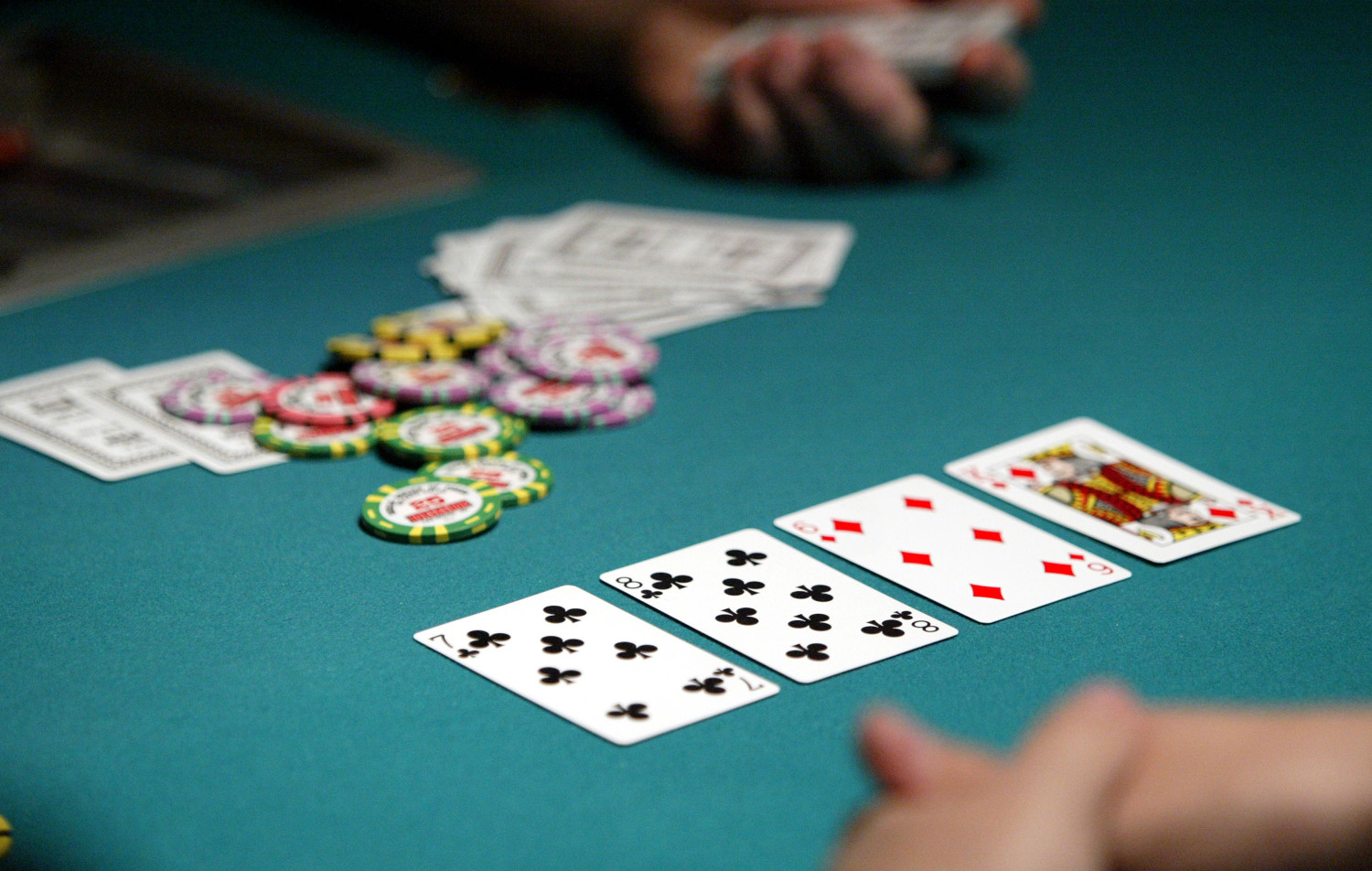Michigan Governor Rick Snyder has vetoed House Bill 4926, a legislative piece which would have allowed a number of casino games to be made available through the internet to those aged 21 and above, and who were physically present in the state at the time of gambling.
On his second-to-last day in office, Snyder declined to issue his signature to the bill – along with 39 others. The Republican – who was ineligible to run for re-election in November – will be replaced by Michigan’s top official Democrat, Gretchen Whitmer, who will take Snyder’s place in January 2019.
The move by Snyder put an end to the bill’s primary sponsor – Michigan State Representative Brand Iden’s aim to pave a way to legalizing forms of online gambling in Michigan. Although online poker was the only online gambling activity specifically mentioned within the bill, it’s highly likely that other forms of casino game would have been approved under the statue’s general terms too, once the legislators had managed to put a regulatory framework in place. This would, however, have excluded sports betting, which hasn’t yet been approved in any form in the state.
In his letter to the state legislature – which directly announced the vetoes – Snyder told of his concerns over the new bills being a threat to Michigan’s existing lottery and iLottery revenue streams as being his main reason not to allow the bills to go through. He also mentioned in his veto letter that a perceived downturn in the funding of Michigan’s School Air Fund which be because of the lower tax rate associated with online gambling.
In his veto letter, Snyder wrote:
“A significant amount of work went into these bills and getting them to a place where several stakeholders either expressed support or neutrality, and I appreciate that many pro-gaming stakeholders coalesced around these bills.
“However, due to largely unknown budgetary concerns, I believe this legislation merits more careful study and comparison with how other states have, or will, authorize online gaming. To be blunt, we simply don’t have the data to support this change at this time.
“Principally, gambling behavior could shift from the State’s ILottery program to internet-based gambling at casinos. In Fiscal Year 2017, the lottery distributed $924.1 million to the School Aid Fund. For each $10 of spending on the lottery, the School Aid Fund receives approximately $2.76.
“Under HB 4926, because of its lower tax rate, each $10 in online betting translates into just four cents deposited into the School Aid Fund. Such a significant reduction, without a clearer understanding of internet gambling revenue growth potential, is concerning. Moreover, I am also concerned that revenues may be lost as gambling behavior shifts from on-premises, to online.
“Finally, I am concerned that the bills will encourage gambling by making it much easier to do so. I do not think it is appropriate to sign legislation that will effectively result in more gambling, with a reasonable chance that the state could lose revenue that could be helpful in dealing with social service issues that are ordinarily attendant to increased gambling behavior.”
Nonetheless, despite the significant setback, it’s worth remembering that when Iden takes over in January, this bill may well end up getting introduced anyway – and she said:
“We do have a different makeup, but we had tremendous bipartisan support from both House and Senate,” Iden told SportsHandle, about the continuing legislative ideas.
“Frankly we have a governor, who even though she doesn’t wear the same jersey that I do, will she be interested in passing a bill that Governor Snyder vetoed? Maybe?”


